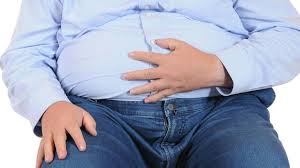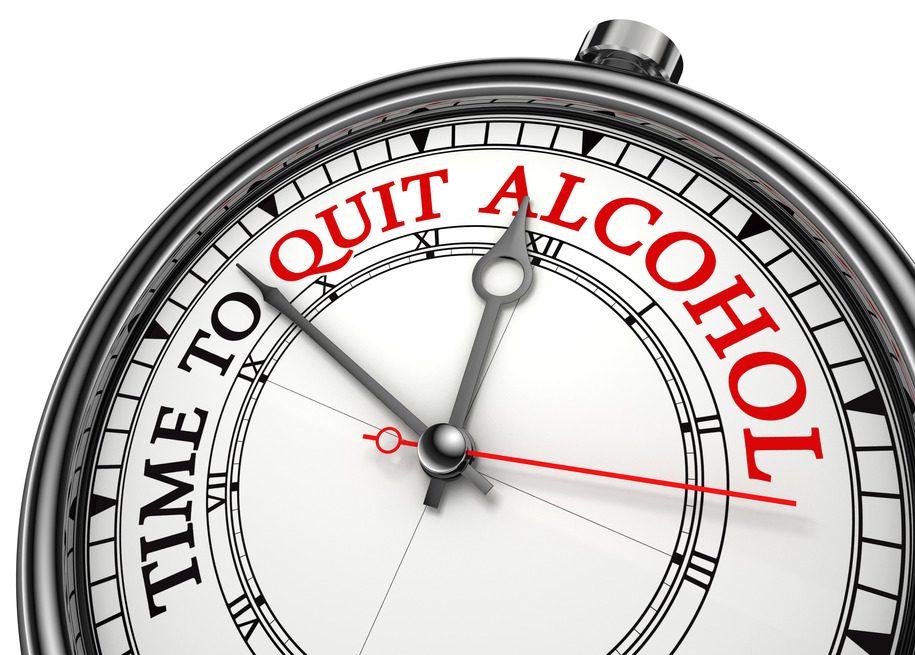Strike out obesity with a strong immune system

Strike out obesity with a strong immune system including taking physical activities seriously
Strike out obesity with a strong immune system: Physical activities and immune function
Exercise and health go hand-in-hand. We’re aware that exercise helps fight diseases such as high blood pressure and cholesterol, cancer, sleep disturbances, mood and obesity itself. Doctor Dalal Akoury MD, who is a weight loss expert and also the founder of AWAREmed health and wellness resource center says that people who exercise are physically active throughout the day tend to live longer, healthier lives which are why we must all strike out obesity from our lives. Besides, there are plenty of evidence that exercise does improve immune function. Studies have shown that exercise seemed to increase numbers of certain immune cells that help to bolster immune activity. Moderate exercise has been reported to increase certain immune cells, reducing the risk of infection. On the other hand too intense of exercise (without adequate rest) has actually been shown to increase stress on the body and cause a person to be more at-risk to infection.
Strike out obesity with a strong immune system: Good diet to help your immunity
- If you are affected by obesity, decrease your calories to help facilitate weight-loss.
- Decrease simple carbohydrates such as sweets, goodies, baked goods, sugar-sweetened beverages, sugar, honey, jams, jelly, etc.
- Decrease excess “bad” (saturated or trans) fats commonly found in commercial baked goods, processed or fried foods, cheese, whole and 2% milk, ice cream, cream, fatty meats (beef and pork products), butter and margarine. Bad fats are also found in some vegetable oils – coconut, palm, and palm kernel oil.
- Eat two cups of whole fruit per day and at least three cups of vegetables per day.
- Drink or eat three cups of low-fat (1% or skim) liquid dairy or dairy alternative per day (light yogurt, low-fat or fat-free milk). Eat two to three ounces of lean meat or beans with two meals per day (three ounces = deck of cards).
- Drink at least 60 to 80 ounces of water per day.
Strike out obesity with a strong immune system: Obesity and Immune function
A person affected by obesity that eats healthy and exercises is still at risk for decreasing immune function. Obesity itself has been shown to impair immunity in some studies. Some of these specific findings include:
- Decreased cytokine production
- Altered monocyte and lymphocyte function
- Natural killer cell dysfunction
- Reduced macrophage and dendritic cell function
- Decreased response to antigen/mitogen stimulation
Now, you may be saying to yourself, “What does all that mean?” The bottom line is studies have shown impaired immune response in animals and people affected by obesity, leading to increased risks of infection. The exact cause of these findings is not known. Obesity is an extremely complex disease and many processes and pathways are altered, any of which could affect the immune system.
Population studies have shown the same things. Like for instance, hospitalized patients affected by obesity are more likely to develop secondary infections and complications, such as sepsis, pneumonia, bacteremia, and wound and catheter infections. Overall, it appears that obesity may increase the risk for bacterial and viral infections. Severe obesity has also been named a risk factor for increased severity of infection and death from the H1N1 influenza strain. Those affected by obesity may also be at risk for viruses like H1N1 because of less of an immune response to vaccinations, although it has not been studied to date further explaining why you need to consult with doctor Akoury soonest.
Strike out obesity with a strong immune system: Physical activities and immune function
http://www.awaremednetwork.com/









